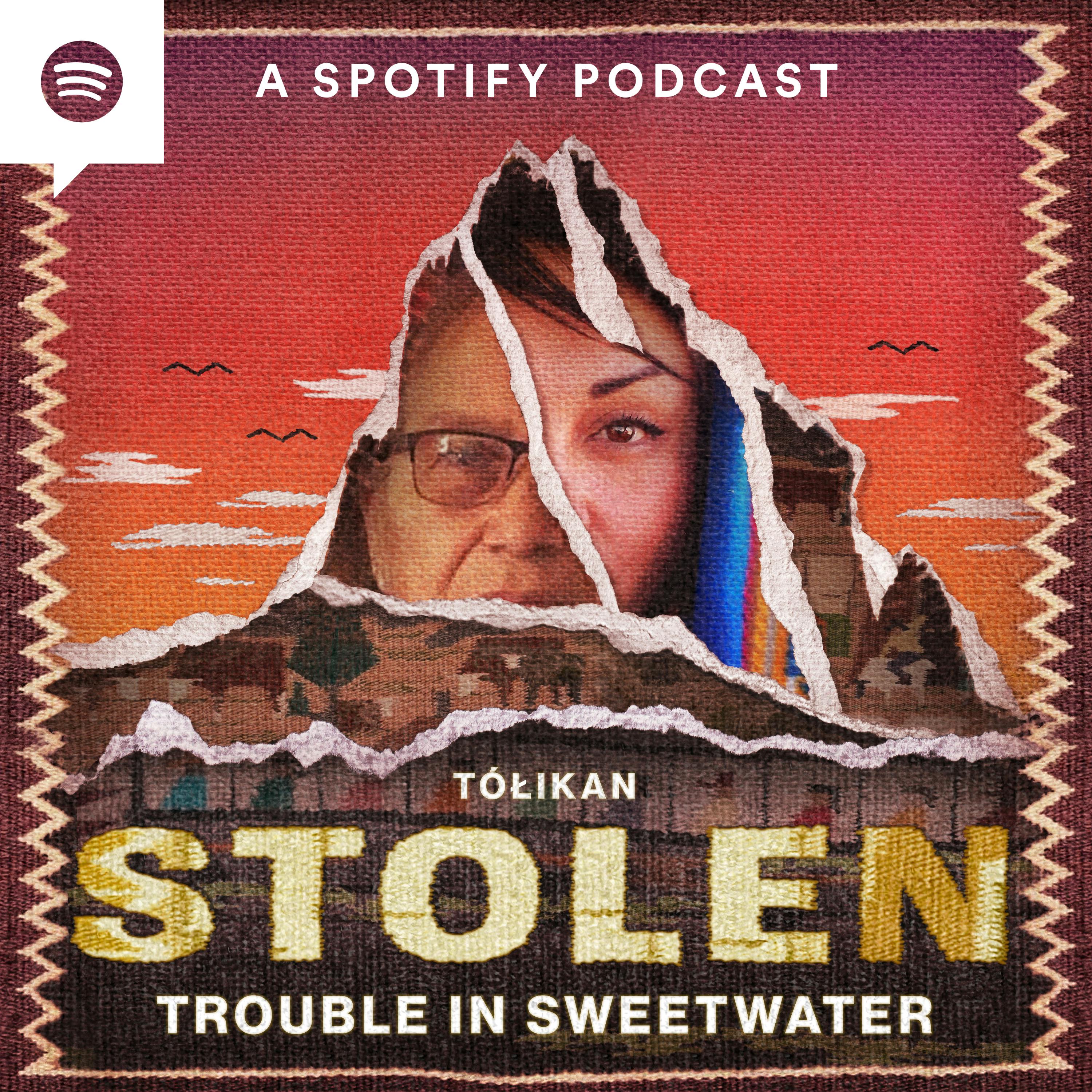
Nepal Now: On the Move
We're talking with the people migrating from, to, and within this Himalayan country located between China and India. You'll hear from a wide range of Nepali men and women who have chosen to leave the country for better work or education opportunities. Their stories will help you understand what drives people — in Nepal and worldwide — to mortgage their property or borrow huge sums of money to go abroad, often leaving their loved ones behind.
Despite many predictions, migration from Nepal has not slowed in recent years, except briefly during the height of the Covid-19 pandemic. About 1 million Nepalis leave every year to work at jobs outside the country. Tens of thousands go abroad to study. Far fewer return to Nepal to settle. The money ('remittances') that workers send home to their families accounts for 25% of the country's GDP, but migration impacts Nepal in many other ways. We'll be learning from migrants, experts and others about the many cultural, social, economic and political impacts of migration.
Your host is Marty Logan, a Canadian journalist who has lived in Nepal's capital Kathmandu off and on since 2005. Marty started the show in 2020 as Nepal Now.
Nepal Now: On the Move
Women start leading local climate adaptation work
In less than a month COP26 will have begun. Because of the shocking and destructive fires, floods, droughts and other climate disasters worldwide in the past year, it’s a good guess that more people than ever will focus on the global climate meeting in the UK. How much will the leaders of the richest and most polluting countries promise to cut greenhouse gas emissions that cause global warming, and how much money will they pledge to poorer countries to adapt to the new, dangerous climate realities? Those are the questions that everyone will want answered.
Meanwhile, every day, people on the ground have no choice but to adapt in order to survive in a new world of intense rainfall, heat and cold. In Nepal, women are especially affected: they must walk further to fetch the day’s water, tend to family members who become ill from previously unknown diseases borne by mosquitoes flying ever higher in the hills and, as they increasingly lead household farms, women must find alternatives when water becomes too scarce to grow traditional crops.
Thanks to one initiative, women are also taking the lead to approach local governments for money to fund projects to adapt to climate change. Today we’ll hear about three efforts in Bardiya and Ilam districts, spearheaded by women trained to identify community needs and develop plans and budgets necessary to respond to them.
Speaking of money, our guest today, Anuja Shrestha from TEWA, will mention lakhs of Nepali rupees. If you don’t know this term, one lakh equals 100,000 rupees.
If you haven't already, don't forget to like, follow or favourite Nepal Now in your usual podcast app. Leave a review in Apple podcasts if you think more people should know about the show. Thanks!
Resources
TEWA
Prakriti Resources Center
COP26
Nepal Now social links
Thanks as always to Nikunja Nepal for advice and inspiration.
Music: amaretto needs ice ... by urmymuse (c) copyright 2018 Licensed under a Creative Commons Attribution Noncommercial (3.0) license. http://dig.ccmixter.org/files/urmymuse/57996 Ft: Apoxode
Tell us how we're doing, or just say hi
You can subscribe to Nepal Now for as little as $3 a month. Your support will help to defray the costs of making the show. And you'll also get a shout-out in a future episode.
You can also show your love by sending this episode to someone who you think might be interested or by sharing it on social media:
LinkedIn
Instagram
BlueSky
Facebook
Music by audionautix.com.
Thank you to PEI in Bankhundole and Himal Media in Patan Dhoka for the use of their studio.
Nepal Now is produced and hosted by Marty Logan.




